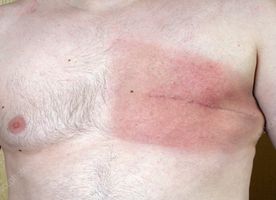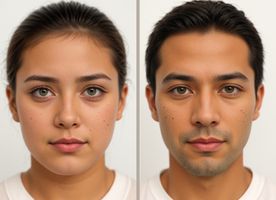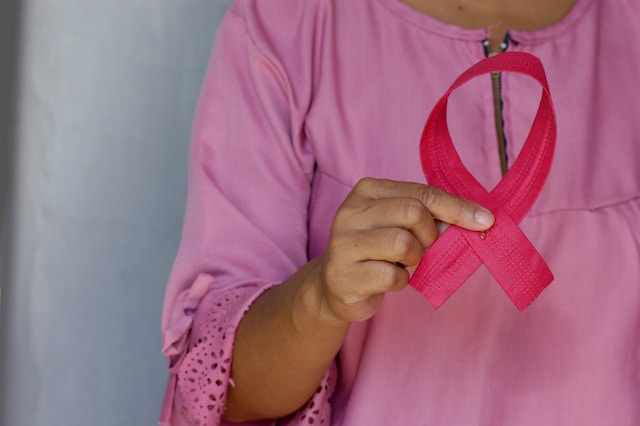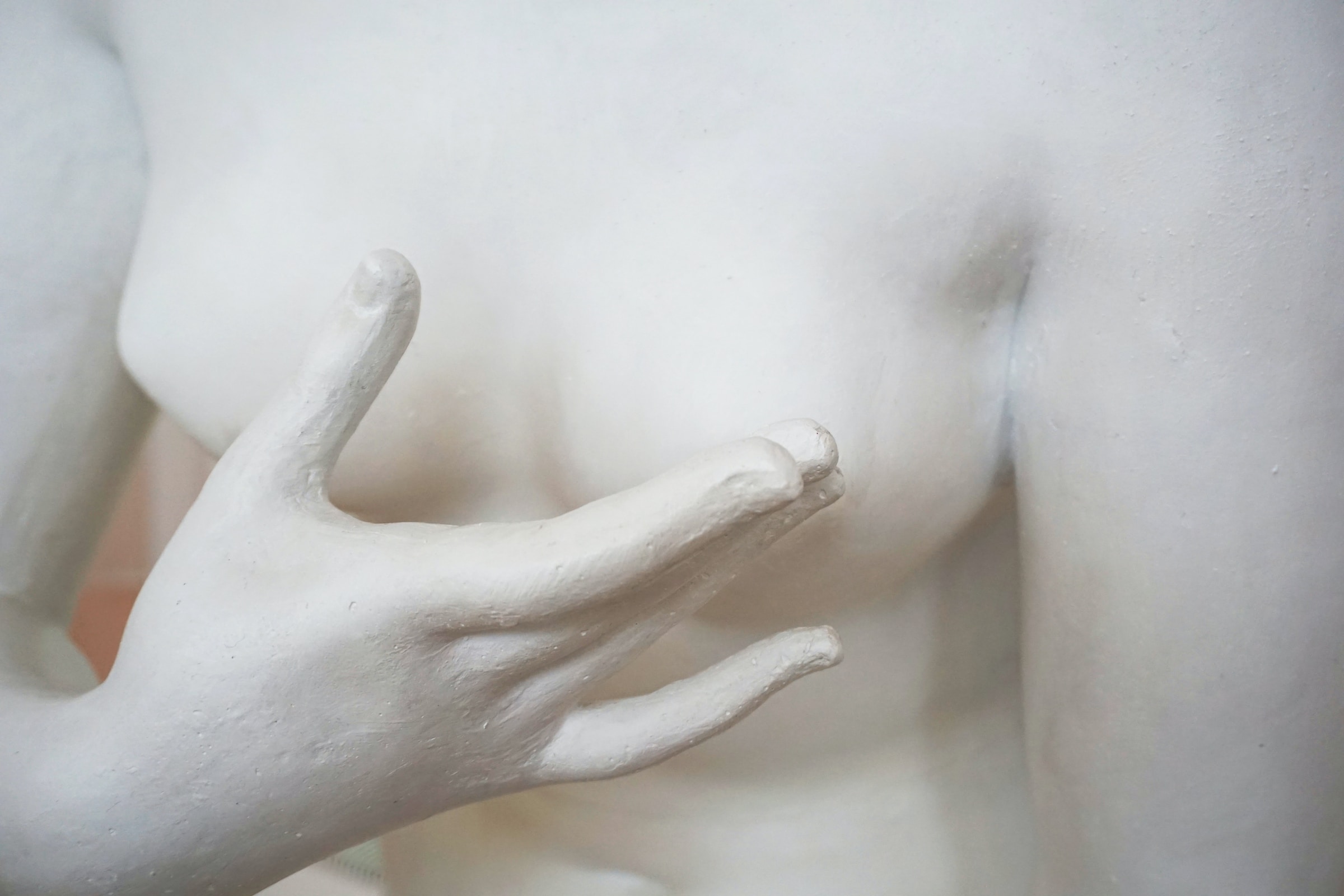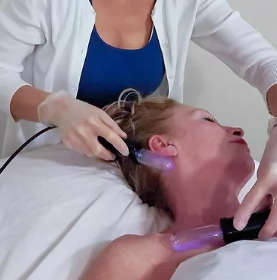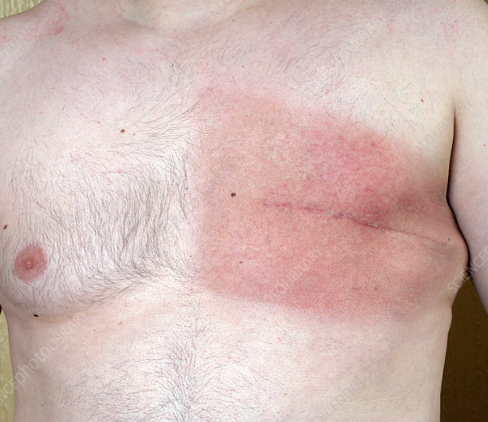Mastectomy in Seoul
Search and Compare the Best Clinics and Doctors at the Lowest Prices for Mastectomy in Seoul




































































































































No Time?
Tell us what you're looking for and we'll reach out to the top clinics all at once
What does a Mastectomy Procedure Involve?
During a mastectomy, a horizontal or diagonal incision is made across your breast so the tissue can be removed. The amount of tissue removed will depend on the type of mastectomy you are undergoing as other parts of the breast may also be removed. Some of the main types of mastectomy are as follows:
- A total mastectomy removes the whole breast, including your nipple, areola, and skin. Depending on the situation, the surgeon may also remove some underarm lymph nodes. This procedure is mostly performed on women with large or multiple areas of (DCIS) and women who need to prevent breast cancer (prophylactic mastectomy).
- Skin-sparing mastectomy involves removing all breast tissue, areola, and nipple, but not the skin covering the breast. However, it may not be ideal for large tumors.
- Nipple-sparing mastectomy is a variation of the skin-sparing mastectomy. During this type of mastectomy, only the breast tissue is removed, while the skin, nipple, and areola are left in place.
- Radical mastectomy is the most extensive type of mastectomy. It involves removing the entire breast (breast tissue, skin, nipple, and areola), lymph nodes of the underarm, and pectoral muscles under the breast. It is only recommended if the breast cancer has spread to the pectoral muscle.
All types of mastectomy are performed under general anesthetic, so you will be ‘asleep’ and unaware of anything while the surgery is carried out.
How Long Should I Stay in Seoul for a Mastectomy Procedure?
A mastectomy takes about 1 to 3 hours to complete. Most patients are allowed to leave the hospital on the same day. If the procedure is followed by breast reconstruction, you may need to stay for 2 to 3 days. In total, you should plan to stay in Seoul for 14 days because you will need to attend follow-up checkups and your doctor may want you to get more treatment based on your pathology report.
What's the Recovery Time for Mastectomy Procedures in Seoul?
The recovery period depends on the type of mastectomy you undergo. The total recovery time may take about 4 to 6 weeks. However, you will be able to get back to work within 2 to 3 weeks (if your job does not involve a lot of physical activities).
In the current phase, crucial steps involve efficiently dealing with any discomfort, ensuring that the operated section remains hygienic and moisture-free, executing prescribed workouts for enhancing the mobility of the arm and shoulder, participating in subsequent check-ins, and slowly resuming typical tasks.
Paying attention to what your physical system is signaling and carving out substantial rest periods for rejuvenation are fundamental elements in accelerating the healing process. Implementing a balanced, nutritious diet and keeping a positive mindset can also drastically aid in faster recovery. Make sure you stay well-hydrated and avoid any activities that might strain the surgical area. Reach out to your healthcare provider whenever you have any concerns or questions, and don't rush through the process - remember that healing takes time.
What sort of Aftercare is Required for Mastectomy Procedures in Seoul?
Your surgeon will give you detailed aftercare instructions, which may include a diet plan, signs of infection to recognize, use of medicines, any restrictions, and caring for the surgical wounds. Your doctor may also recommend that you do some arm exercises to encourage a full range of movement back to the area around the arm.
You should also schedule regular checkups to ensure cancer has not come back. You can choose to have the checkups with your local doctor of the doctor in Seoul. Furthermore, if your pathology result shows that you will need more treatment, your surgeon may refer you to a radiation oncologist, a medical oncologist, or a counselor.
What's the Success Rate of Mastectomy Procedures in Seoul?
The survival rate for breast cancer patients may increase significantly after a mastectomy. A study revealed that 81.2% of women who had double mastectomy survived more than 10 years. In some cases, recurrence can occur, resulting in malignancy. This decreases the success rate of the procedure. Mastectomy done to treat gynecomastia is recorded to have a 90% success rate.
The positive outcome of a Mastectomy is highly dependent on thorough evaluations before surgery, skilled surgical execution, after-surgery care, and the patient's obedience to instructions following surgery. Subsequently, selecting a reputable medical facility with a demonstrated record of effective Mastectomy, offering a complete aftercare service, can significantly improve the total efficacy of the operation.
Are there Alternatives to Mastectomy Procedures in Seoul?
The alternative to mastectomy are as follows:
- Lumpectomy involves removing the tumor and some surrounding tissue from the breast. It is also known as “breast preservation” surgery because most parts of the breast are left in place. It is ideal for patients with early-stage cancer.
- Radiation therapy uses ionizing radiations to kill malignant cells that cause breast cancer. It damages the cell DNA to stop the cell division and metastasis. This therapy is mostly used for localized cancer.
- Immunotherapy works by stimulating your immune system to fight cancer cells.
This information has been accurately sourced and verified by a medical professional for its accuracy, however, we strongly recommend you to consult with your doctor before pursuing medical procedures overseas.

























